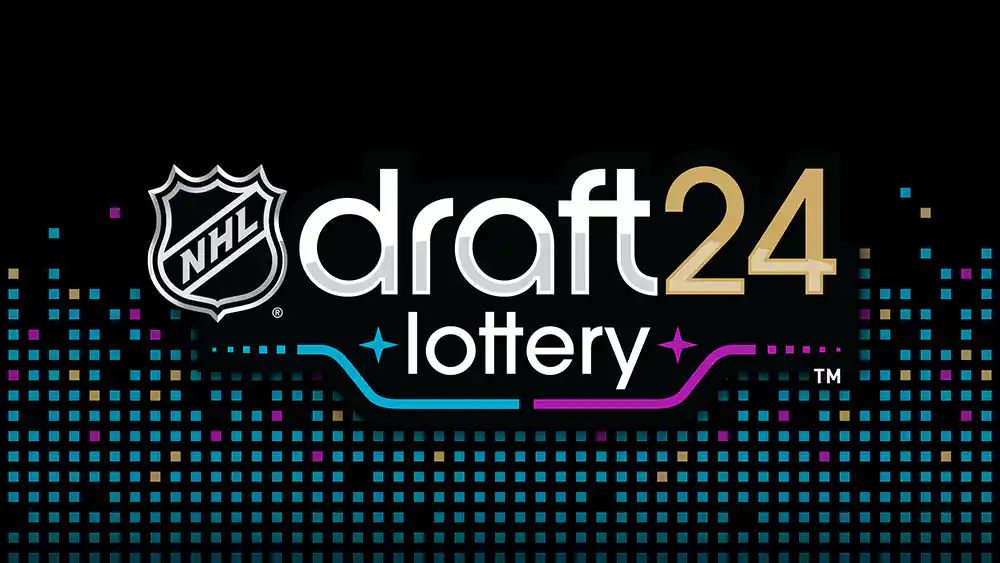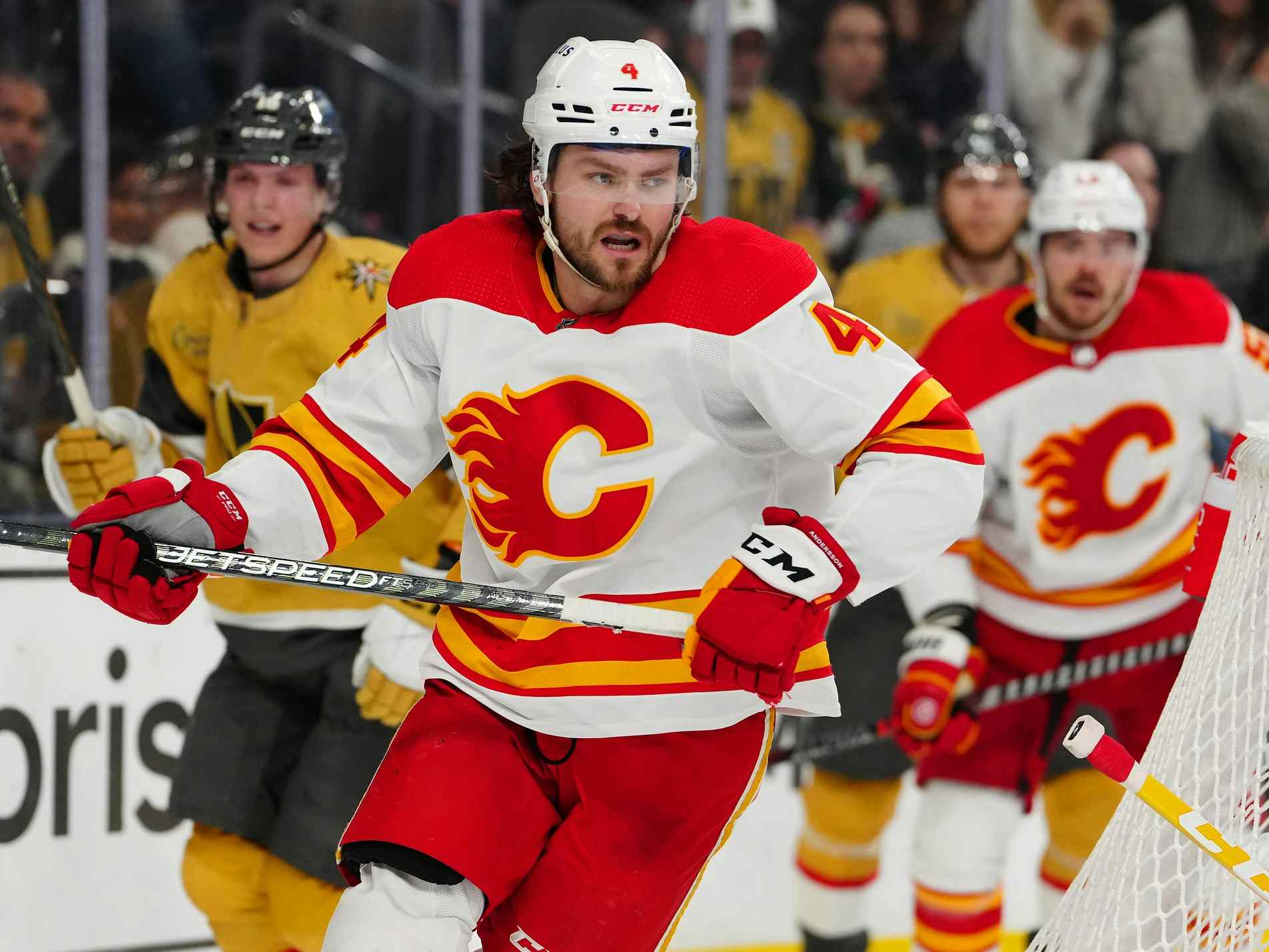If not Feaster, who?

As Kent noted earlier, the ascension of Jay Feaster to the Flames GM job, even on a temporary basis, has left a few of us with some misgivings. Feaster’s record in Tampa was mixed, with a few decent moves being overshadowed in the end by a very poor drafting record and the Richards trade.
I don’t think that Feaster will be let go any time soon and he does deserve a chance to formulate a plan for the club’s future, but if the Flames decide to move on this summer, there a few assistant GMs that might be of interest.
One thing that’s always important to note is that assistants have varying degrees of input and autonomy between organizations, and that’s completely dependant on the comfort level of their boss. As a result, it’s often difficult to completely assess the value an AGM adds to a club until they move on.
As well, with earlier free agency and the restrictions that the salary cap imposes, any NHL team’s success rides on their pro and amateur scouting departments to a greater degree than at any point in the recent history of the league. Any GM that really looks like he knows what he’s doing has almost certainly benefited from a strong scouting department along the way.
One thing that is standard, however, is that AGMs usually are in charge of player development, whether they act directly as GM of the minor league team or as an overseer of the person in that role.
When assessing any organization, I’m also mindful that there are good teams are still reaping the benefits of the old system, and I’m thinking of the Red Wings in particular here. Gabe Desjardins’ point the other day that there might not be one team or GM in the league that really has the cap system fully mastered as of yet is likely bang-on.
With that in mind, it’s sometimes a bit difficult to project how any AGM will do when they get handed the keys to the whole operation, but there are a few gents with decent organizations that deserve a look.
In no particular order;
Ron Hextall, Los Angeles:
Hextall is a pretty famous person for his ability on-ice, but he’s spent the last number of seasons working his way through the ranks with Los Angeles, serving as both AGM for the big club and GM of the Manchester Monarchs of the AHL. The Kings have moved several decent young players through their system since Hextall signed on in 2006, and Manchester has been a competitive outfit during his tenure.
I did note that Dean Lombardi was comfortable enough to let Hextall field questions on behalf of the club in the wake of the first attempt to acquire Marco Sturm. That might be a small hint about the trust level between Lombardi and Hextall, since Lombardi hasn’t needed a protective buffer from the media in the past.
The Kings have built a pretty decent foundation over the years, and I suspect that if Lombardi isn’t ready to move on, Hextall would be likely be interested in sitting in the big chair with another organization.
Jim Nill, Detroit:
Jim Nill is someone who might end up becoming more famous as an executive in waiting than he ever was as a player. He’s been at Ken Holland’s right hand since Holland took over as GM in 1997, and during that period the Red Wings have been the league’s premier organization.
Nill’s primary role with the club has been to oversee the amateur scouting department, which might seem like a pretty attractive credential to have, given the Red Wings’ success at mining the late rounds for elite players, but unless he’s bringing Hakan Andersson and his horseshoes along for the ride, I’d be a bit wary of ascribing too much of that to Nill. Still, he’s been a non-trivial part of Detroit’s management team over the years, and he’s extremely well-regarded.
Whether he’d leave for Calgary is another story, since he lost out to Craig Button the last time the club held a proper search for the GM job, but he’s certainly a worthy candidate.
David McNab, Anaheim:
McNab is a Ducks lifer, spending the entire history of the club as either AGM or Senior VP of Hockey Operations. He’s survived several GMs along the way, including Brian Burke, who’s known for wanting his own people in place, and the Ducks have built and rebuilt a couple of times in his tenure.
McNab’s real calling card is his ability over the years to find college free agents. Andy McDonald, Chris Kunitz, Dustin Penner, Ryan Shannon, Ryan Carter and Curtis Glencross were all McNab signings. That’s some list, frankly, and a team that is as short of picks as the Flames needs to find players from unusual sources, so any edge that someone like McNab could offer might speed the club’s re-tooling. If he’d be willing to leave SoCal, he’d be worth a serious look.
Paul Fenton, Nashville:
Fenton is the latest in a series of young execs that David Poile has groomed over nearly 30 years as a GM. Fenton’s immediate predecessor as AGM in Nashville was Ray Shero, so there is a certain pedigree at work with people that come from the Predators, and Fenton’s own work overseeing amateur scouting has been quite good.
The Predators have drafted well, and for a team with considerable financial restraints they’ve managed to be incredibly competitive. Poile and Barry Trotz should get the lion’s share of credit for that, but if nothing else, Fenton has a good role model that he’s learned from.
He, like Hextall, is also the GM of his team’s AHL affiliate. Milwaukee has routinely been competitive in their league, and no AHL team solely rides on its own draftees. Virtually all of them have AHL-only players (ex: Jon Rheault), and it’s the AGM’s job to find the right guys to mix with an organization’s kids.
If your AHL team spits out solid prospects while being good at actually winning games, chances are your minor league GM has a clue. As I mentioned, I don’t have a dog in the fight, and if Feaster stays and does well, that’s certainly fine with me. The only caveats I’d note about Nill and McNab is that both are well-ensconced in their current jobs, and they along with Fenton are north of 50 years old. Only Hextall is younger than Feaster, in fact, so if the Flames’ job is found to be a bit wanting, they might choose to stay in place rather than take a job that might require several years of hard slogging.
In Fenton’s case, Poile will be 61 this winter, so he might be ready for succession in the near term. At any rate, if the club chooses a different path later this year, there are people out there with some worthwhile experience to consider.
Whether outsiders consider Calgary’s job to be one of interest is another matter, of course.
Recent articles from Robert Cleave








